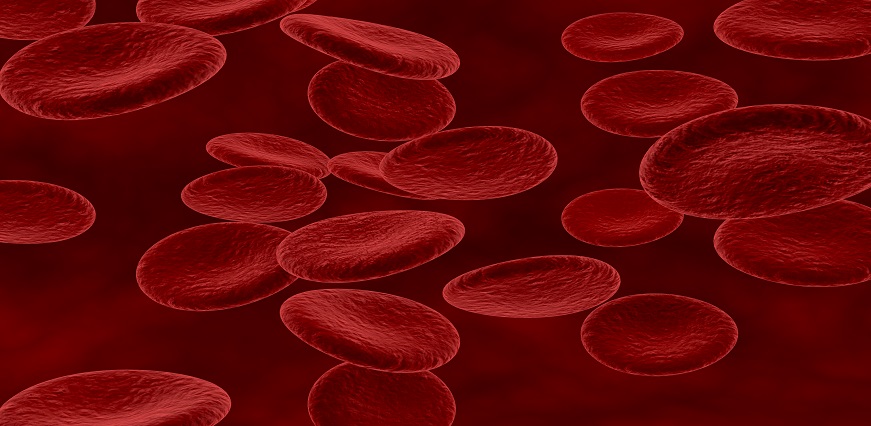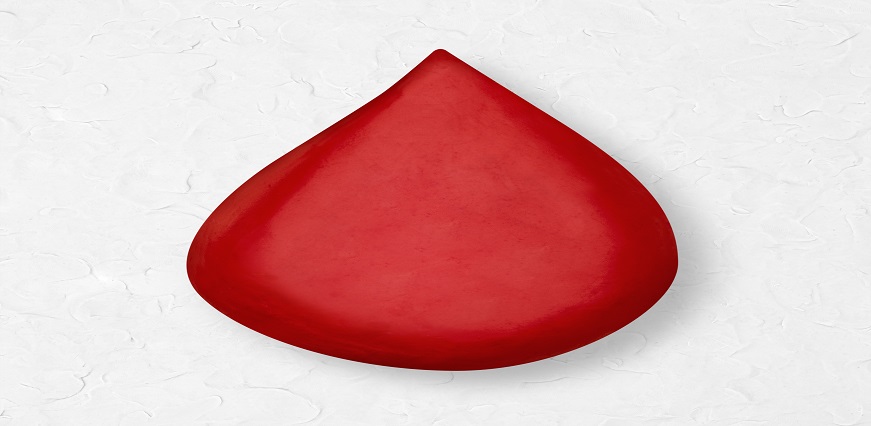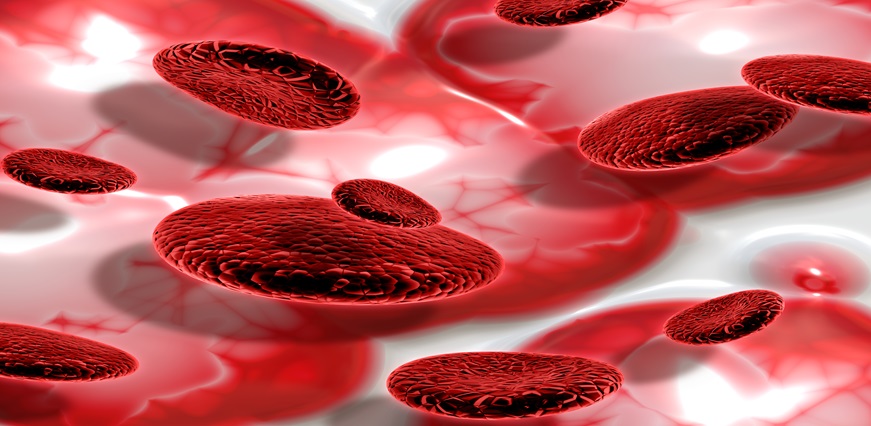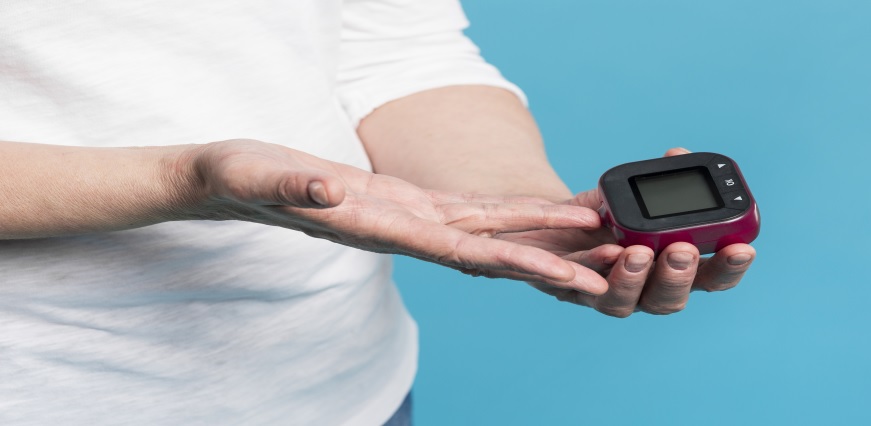





No lab centers are available in this city

Max Lab
Apr 06, 2023
Are you constantly feeling fatigued and lethargic? Do minor bruises take forever to heal? If yes, then chances are that you might have a low platelet count. Platelets play a crucial role in the body by helping blood clot when there is an injury or bleeding. Low platelet count can lead to serious health issues like excessive bleeding, slow healing of wounds, and even death in severe cases. But don't worry, increasing your platelet count naturally is not rocket science! In this blog post, we will share some simple yet effective tips for boosting your platelet levels and improving your overall health. So let's get started on the path towards a healthier life!
Platelets are a type of blood cell that helps the blood to clot. A lack of platelets can lead to easy bruising and bleeding. There are many different causes of a low platelet count, including certain medical conditions, medications, and lifestyle choices.
There are a few key foods that can help increase your platelet count naturally, and they are all easily accessible.
There are a variety of foods that can help increase platelet count. Foods high in vitamin C, such as citrus fruits, broccoli, and tomatoes, can help improve the body's ability to produce platelets.
Vitamin B-12 is also essential for proper platelet production, so foods like eggs, fish, and poultry can be helpful. Additionally, iron-rich foods like spinach, beans, and lentils can also promote platelet production.
Lastly, incorporating leafy green vegetables into your diet can also help increase your platelet count. These nutrient-rich greens provide the body with the vitamins and minerals it needs to function properly, including supporting the production of platelets.
Many different supplements claim to increase platelet count, but not all of them are backed by science. Some of the most popular supplements for increasing platelet count include:
If your platelet count is low, there are several things you can do to help increase it. One of the best ways to boost your platelet count is to reduce stress. Stress can have a negative impact on many aspects of our health, including our platelet count.
There are several ways to reduce stress in your life. One way is to make sure you get enough sleep each night. Getting enough rest can help improve your mood and energy levels, which can help reduce stress. Exercise is another great way to reduce stress. Not only does it release endorphins that can improve your mood, but it also helps to keep your body healthy.
Eating a healthy diet and staying hydrated is also important for reducing stress. Eating plenty of fruits, vegetables, and whole grains can help improve your overall health and well-being, which can in turn help reduce stress levels. Drinking plenty of water throughout the day will also help flush out toxins and keep your body hydrated, which can help reduce stress.
If your platelet count is low, seeing a doctor is important. A low platelet count can be a sign of a severe medical condition, such as cancer, so it's important to get checked out by a doctor if you think you might have a problem. Some medications can cause a low platelet count, so if you're taking any medications, be sure to tell your doctor.
With our offerings in line with government-mandated prices, Maxlab offers full body checkup packages that cover an exhaustive list of tests for a comprehensive diagnosis of your health. Choose from a range of health test packages based on your needs.





Platelets, also known as thrombocytes, are tiny blood cells that play a crucial role in maintaining our overall health and well-being. While they may be small in size, their impact is mighty!
The process of collecting and preparing the donor's platelets can take around two hours. This includes screening the donor for any potential health issues and ensuring compatibility with the recipient. Once collected, the platelets need to be processed and tested for quality before they can be given.
It refers to the number of platelets present in our blood, which are responsible for clotting and preventing excessive bleeding. A typical platelet count ranges from 150,000 to 450,000 per microliter of blood.
Having a low platelet count means that your blood may not be able to clot properly. Platelets play a crucial role in forming clots to stop bleeding when you're injured. Without enough of them, even minor cuts or bruises could result in excessive bleeding.
One common cause is certain medications like chemotherapy drugs or antibiotics, which can suppress the production of platelets in the bone marrow. Infections such as HIV or hepatitis C can also affect platelet counts.
Typically, a healthy individual has around 150,000 to 450,000 platelets per microliter of blood. In DHF or severe dengue cases, this count can decline rapidly and reach as low as 10,000-20,000 platelets per microliter – which is considered critical.
In some cases, if the low platelet count is due to an underlying condition or disease, doctors may address that specific issue first. For example, if it is caused by an infection or certain medications, treating or discontinuing those factors may help improve platelet levels. If immediate intervention is needed due to severe bleeding or a dangerously low platelet count, doctors might recommend transfusions of donated platelets. Platelet transfusions can temporarily increase platelet counts and help prevent excessive bleeding.












Sign up takes less than 60 secs and gives you access to your offers, orders and lab tests.
Looks like you are not registered with us. Please Sign up to proceed
OTP will be sent to this number by SMS
We have successfully received your details. One of the agents will call you back soon.
 To reach our help desk call 9213188888
To reach our help desk call 9213188888
No Lab Centers are available in this city
Looks like you are not registered with us. Please Sign up to proceed
OTP will be sent to this number by SMS
Not Registered Yet? Signup now.Looks like you are not registered with us. Please Sign up to proceed





 7982100200
7982100200.png)
Comments
The CBC test report shows the platelet count only 37000. I am diabetic on insulin 30:70. All other tests like kft, lft, lipid, thyroid are more or less normal. Will the platelets get increased by using proper food items.